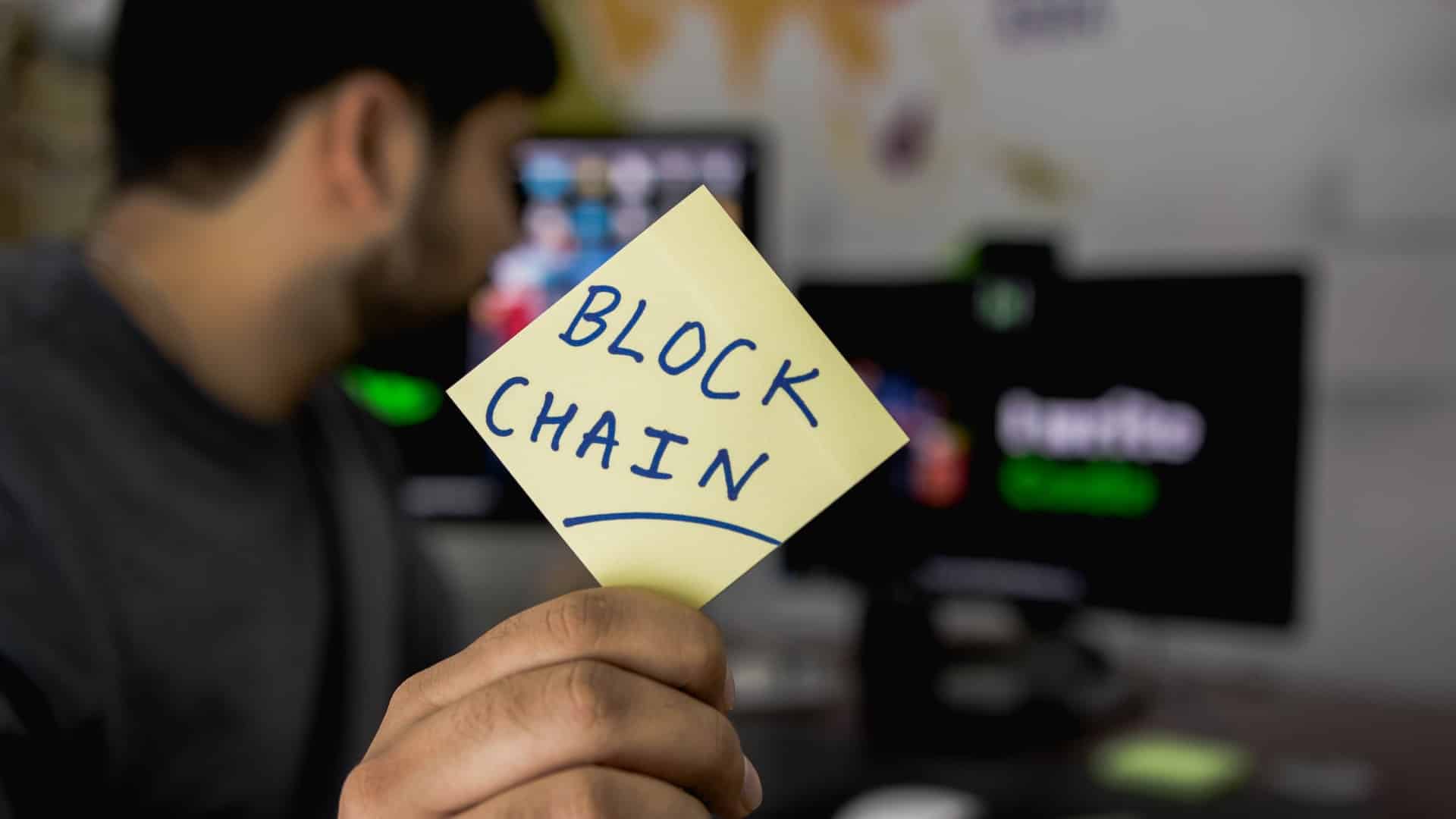The European marketplace is a thriving environment for business and commerce. With the introduction of blockchain technology, this market is set to become even more efficient and effective.
Blockchain technology offers a number of benefits, such as increased transparency, improved data accuracy, and streamlined transactions. In this blog post, we’ll look at the benefits of blockchain technology in European marketplaces and how it can help businesses succeed.
IMAGE: UNSPLASH
Transparency
When it comes to buying and selling products or services, one of the key benefits of blockchain technology is transparency. In a traditional marketplace, it can be difficult to verify the legitimacy of a transaction or to ensure that the terms of the agreement are honoured.
With blockchain, all parties involved in a transaction have full visibility into the details of the deal, providing them with assurance that it will be carried out as agreed upon.
For instance, transactions conducted via blockchain are stored on a shared ledger which is accessible to all members of the network.
Security
Blockchain technology has the potential to revolutionise the security of European marketplaces. By leveraging the advantages of a distributed, immutable ledger, blockchain eliminates the need for intermediaries and manual processes that can be prone to error and fraud. This is especially beneficial for large transactions, such as those involved in international trade and finance.
For example, Germany vacations involve complex financial agreements, including bookings, payments, and insurance. With blockchain, these processes can be handled securely, efficiently, and cost-effectively.
Decentralization
Decentralisation is a major benefit of blockchain technology in European marketplaces. With decentralised networks, the data is stored in a distributed ledger, with multiple computers or nodes validating transactions. This eliminates the need for a central authority to control or manage the network. Instead, trust is established through consensus mechanisms, ensuring that all participants can agree on the accuracy of the records.
The benefits of decentralisation are immense. First, it reduces costs and overhead associated with a centralised system. Transactions are cheaper and faster, as they no longer require authorization from a third-party. Furthermore, it ensures that the data remains secure and immutable, protecting it from malicious actors.
Finally, decentralisation also helps to ensure fairness within the network, as all transactions are recorded and validated by multiple parties, preventing fraud or corruption.
Efficiency
Blockchain technology has the potential to greatly enhance efficiency in European marketplaces, even despite its potential impacts on climate change. By eliminating the need for third-party intermediaries and streamlining transactions, blockchain technology can significantly reduce transaction times and costs.
This can have a positive impact on businesses of all sizes, as it reduces friction in the process of doing business and increases the speed at which transactions are completed.
The decentralised nature of blockchain technology also makes it possible for multiple parties to come together in real-time, without having to go through any intermediary or central authority.
This makes it easier for different parts of the supply chain to coordinate and work together, resulting in faster and more efficient transactions. Furthermore, since all data is stored on a single ledger, there is no need to reconcile multiple sources of information, further increasing efficiency.


COMMENTS